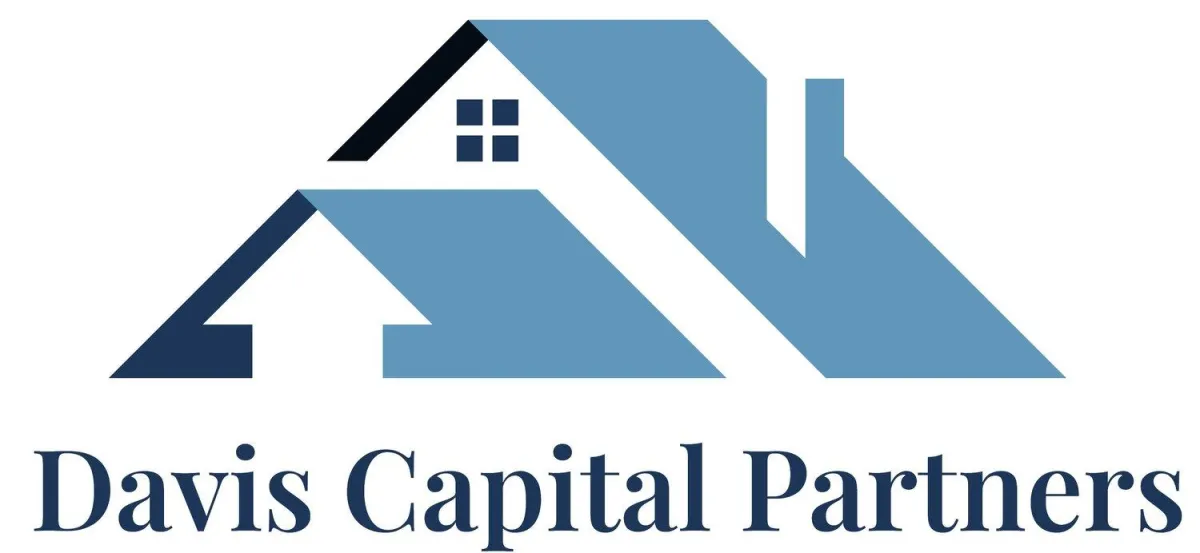Blog

Opportunity Zone Funds: A Guide for Investors
The Opportunity Zone program was created by the Tax Cuts and Jobs Act of 2017 as a way to spur economic development in low-income communities across the United States. The program provides tax incentives for investors who invest in Qualified Opportunity Funds (QOFs), which are investment vehicles that invest in Qualified Opportunity Zone property.
How to Invest in Opportunity Zone Funds
To be eligible for the Opportunity Zone program, a community must meet certain income and poverty criteria. The Internal Revenue Service (IRS) has designated more than 8,700 census tracts as Opportunity Zones across the country.
There are a variety of ways to invest in Opportunity Zones. Investors can invest directly in QOFs, or they can invest in mutual funds or exchange-traded funds (ETFs) that invest in QOFs.
Investing in Opportunity Zones can be a complex process, and it is important to do your research before investing. There are a number of resources available to help investors learn more about the program, including the IRS website and the Opportunity Zone Resource Center.
Here are some of the benefits of investing in Opportunity Zone funds:
Tax benefits: As mentioned above, investors in Opportunity Zone funds can defer capital gains taxes on eligible gains and reduce their capital gains taxes by 10% or 15% if they hold their investments for at least five or seven years, respectively.
Potential for high returns: Opportunity Zone funds invest in low-income communities, which have the potential for high economic growth. As a result, investors in Opportunity Zone funds have the potential to earn high returns on their investments.
Support for economic development: Investing in Opportunity Zone funds can help to support economic development in low-income communities. This can lead to job creation, increased property values, and improved infrastructure.
Here are some of the risks of investing in Opportunity Zone funds:
Illiquidity: Opportunity Zone funds are illiquid, which means that they can be difficult to sell. This is because they invest in long-term assets, such as real estate.
Volatility: The value of Opportunity Zone funds can be volatile, which means that it can go up or down significantly in value. This is because they invest in low-income communities, which are more likely to experience economic fluctuations than other areas.
Limited track record: Opportunity Zone funds are a relatively new investment vehicle, so there is limited track record data available to investors. This makes it difficult to assess the potential risks and returns of investing in these funds.
If you are considering investing in Opportunity Zone funds, it is important to do your research and understand the risks and potential rewards. You should also consult with a financial advisor to get personalized advice on whether or not Opportunity Zone funds are right for you.
Additional Information
Tax advantages:
Tax deferral: If you invest in an opportunity zone fund, you defer your taxes to April of 2027. That doesn’t mean it’s a four-year deferral, but rather a deferral to that specific date — December 31, 2026 — so you pay those taxes in April of 2027. So the sooner you make the investment, the longer the deferral.
No capital gains tax: If you hold the investment in an opportunity zone fund for 10 years or more, when you sell, you get to “step up to market value.” Part of the benefit is that when you step up to market value, you don’t have to pay capital gains tax when you sell.
Depreciation recapture on opportunity-zone assets is also eliminated if held for 10 years or more.
Big bonus: When an opportunity zone property appreciates and you do a cash-out refinance, you can either distribute that money to yourself (which is not a taxable event) or you can choose to reinvest the capital into your fund for another opportunity zone asset — and you won’t have to pay capital gains tax on that asset once you sell it. You’re also never going to have to recapture depreciation on that next deal.

No Offer of Securities—Disclosure of Interests. Under no circumstances should any material at this site be used or considered as an offer to sell or a solicitation of any offer to buy an interest in any investment. Any such offer or solicitation will be made only by means of the Confidential Private Offering Memorandum relating to the particular investment. Access to information about the investments is limited to investors who either qualify as accredited investors within the meaning of the Securities Act of 1933, as amended, or those investors who generally are sophisticated in financial matters, such that they are capable of evaluating the merits and risks of prospective investments.
© 2025 Davis Capital Partners. All Rights Reserved.

